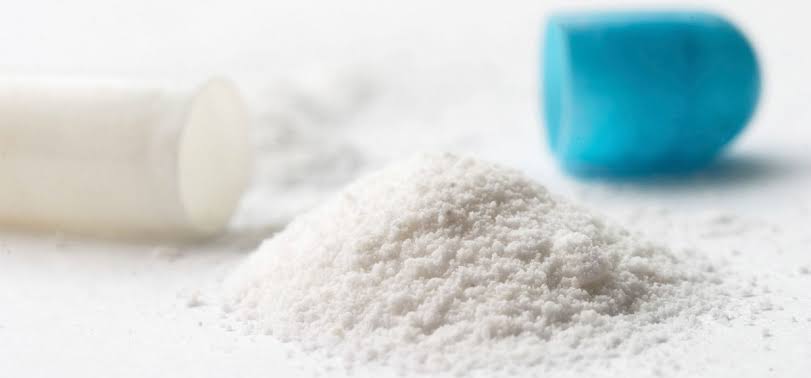
Any medication that induces the intended effects is part of the Active Pharmaceutical Ingredient (API). Many medications have multiple active ingredients, such as combination therapies, to treat different symptoms or to act differently.
The pharmaceutical companies themselves have traditionally produced APIs in their home countries. But many businesses have preferred to move manufacturing overseas in recent years to cut costs. This has brought about significant changes in how these medicines are handled, with more stringent guidelines and checks being put in place.
Components of Medications
Most medications consist of two core components: the active ingredient API, and the excipient, the substances other than the medication that helps deliver the product to your bloodstream. Excipients are chemically inactive substances in the pill, for example, lactose or mineral oil.
Strength of APIs
To determine how powerful the API is in each drug, manufacturers use certain criteria. The standard, however, can vary widely from brand to brand. Each brand could use different test methods, which could lead to different potencies.
In all cases, the FDA needs manufacturers to demonstrate their product’s effectiveness in both real-life patients and laboratory conditions.
Top API Manufacturers
Avience Pharmaceuticals is a leading manufacturer of APIs. They have the largest portfolio in the industry with over 300 API devices. Dr. Reddy’s is another leading manufacturer, with more than 60 APIs currently in use.
Pfizer, Novartis, Sanofi, Boehringer Ingelheim, and Bristol-Meyers Squibb are among the other industry giants. Each of these companies are specialized in different APIs, some of which also sell generic products.
Where Are APIs Made?
While there are many pharmaceutical companies in the U.S. and England, most manufacturers of APIs are overseas. The largest is in Asia, especially in India and China.
More and more companies outsource expensive equipment, staff, and services to cut costs. While this has improved their bottom line, the reliability of these APIs produced overseas continues to be a concern.
Regulations
The quality of APIs has a significant impact on drug efficacy (making the desired outcome) and drug safety. Poorly developed or corrupted APIs have been related to serious problems such as illness or death.
Even as far as outsourcing is concerned, APIs are subject to strict regulations and oversight from the country to which they are shipped. API manufacturing plants abroad, for instance, are still undergoing a U.S. inspection. Administration of food and drugs.
The pharmaceutical industry is rapidly changing, as evidenced by the creation of APIs. Companies no longer handle the drug-making process at every step. One company was developing the API, making the bottle, and packing the medicine— but not more.
A addition, comprehensive examinations have been implemented by governing bodies responsible for patient and public safety to ensure drug consistency and avoid defects. Violating any of these established standards can result in the pharmaceutical companies behind these manufacturers being fined or very costly to recall.
